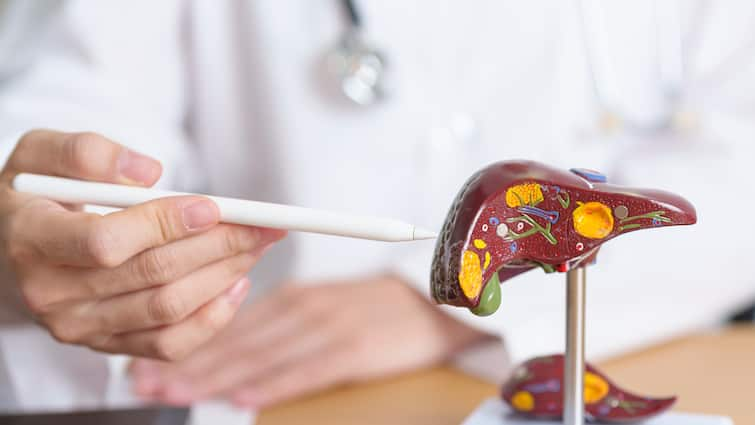World Hepatitis Day 2024 Understanding the Symptoms Causes Treatment and Prevention
World Hepatitis Day: A Call to Action Against the Silent Killer
Every year on July 28, World Hepatitis Day is observed globally to raise awareness about viral hepatitis and its significant impact on public health. This day serves as a vital reminder to promote prevention, encourage testing, and advocate for treatment options for those affected by hepatitis. Despite advancements in medical science, viral hepatitis remains a major health challenge, silently claiming millions of lives each year.
Understanding Hepatitis
Hepatitis refers to the inflammation of the liver, an essential organ that plays a critical role in metabolism, detoxification, and nutrient storage. The condition can arise from various causes, including autoimmune reactions where the body’s immune cells mistakenly attack the liver, infections from different types of viruses, and liver damage due to substances such as alcohol, medications, drugs, and toxins.
The most common forms of viral hepatitis are classified into five main types: hepatitis A, B, C, D, and E. Each type is caused by a distinct virus, with varying modes of transmission and potential health outcomes. Hepatitis A and E are often transmitted through contaminated food and water, while hepatitis B, C, and D primarily spread through contact with infected blood and bodily fluids.

Recognizing the Symptoms
The symptoms of hepatitis can range from mild to severe, and in many cases, the disease may remain asymptomatic in its early stages, particularly hepatitis B and C. This lack of early symptoms can lead to delayed diagnosis and treatment, increasing the risk of chronic liver disease, liver failure, and even death.
Common symptoms of hepatitis include:
- Fatigue: A persistent feeling of tiredness or weakness.
- Abdominal Pain and Bloating: Discomfort in the upper abdomen, often due to liver enlargement.
- Jaundice: A yellowing of the skin and eyes, indicating liver dysfunction.
- Dark Urine and Pale Stools: Changes in urine and stool color can be indicative of liver issues.
- Unintended Weight Loss: A loss of appetite and weight without trying.
These symptoms can vary depending on the type of hepatitis, the extent of liver damage, and the individual’s overall health and immune response.
Prevention and Management
Preventing hepatitis is crucial, and several measures can significantly reduce the risk of infection. Maintaining good hygiene, such as washing hands thoroughly and avoiding consumption of contaminated food and water, is essential, particularly in regions with poor sanitation. Vaccination is a powerful tool in preventing hepatitis A and B, and it is highly recommended for individuals at higher risk.
For hepatitis B and C, regular testing is important, especially since these forms can be asymptomatic in the early stages. Early detection allows for timely intervention and management, which can prevent serious complications.
In addition to these preventive measures, lifestyle choices play a significant role in liver health. Limiting alcohol intake is critical, as excessive alcohol consumption is a major cause of liver inflammation and damage. A balanced diet, rich in nutrients and low in calories, supports liver function and aids in recovery for those affected by hepatitis. Foods with anti-inflammatory properties can help in reducing liver inflammation, while staying hydrated by drinking plenty of water supports overall liver health.
A diet that is easy to digest is also beneficial for those with compromised liver function. Gentle cooking methods, such as grilling, baking, steaming, or boiling, are recommended to minimize the strain on the liver. Nutritional support is essential, as liver damage can lead to various forms of malnutrition. Ensuring adequate intake of essential nutrients can help rejuvenate liver function and improve the prognosis for patients with liver disease.
Conclusion
World Hepatitis Day is a critical reminder of the ongoing fight against hepatitis and the need for global awareness and action. By promoting prevention, encouraging regular testing, and advocating for effective treatment, we can reduce the burden of this silent killer. Public health initiatives, combined with individual lifestyle choices, play a pivotal role in combating hepatitis and improving the lives of millions affected by this disease. Together, we can work towards a future free from the threat of hepatitis.
Also Read: How to Reduce Triglycerides Naturally: A Comprehensive Guide

Hello there, simply turned into aware of your weblog through Google, and located that it is truly informative. I am going to watch out for brussels. I will be grateful should you proceed this in future. Lots of other folks will probably be benefited from your writing. Cheers!